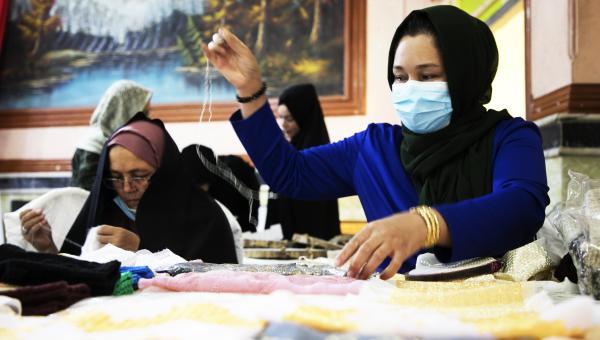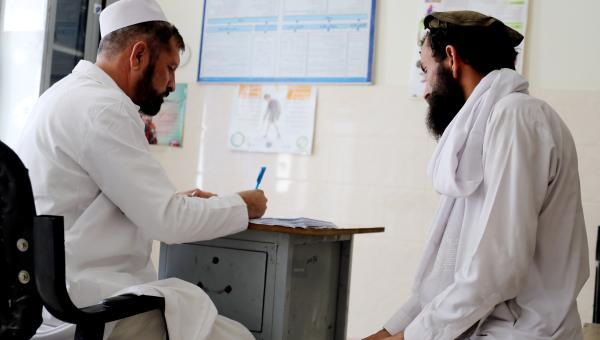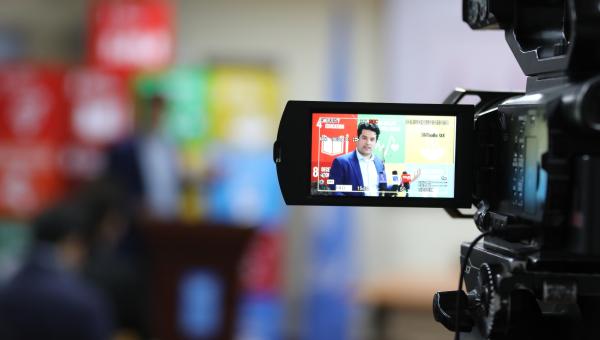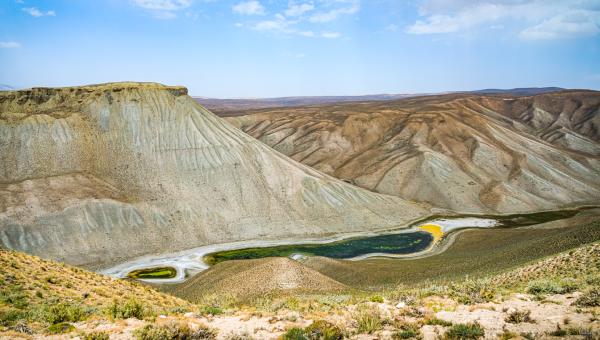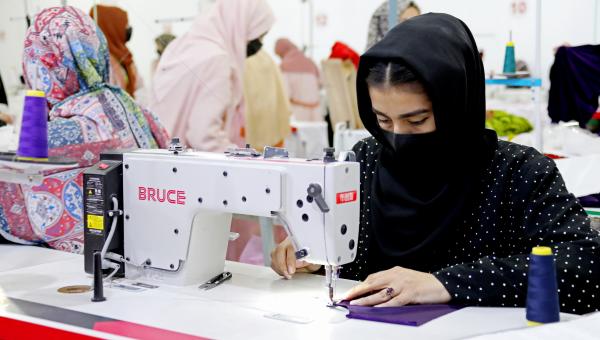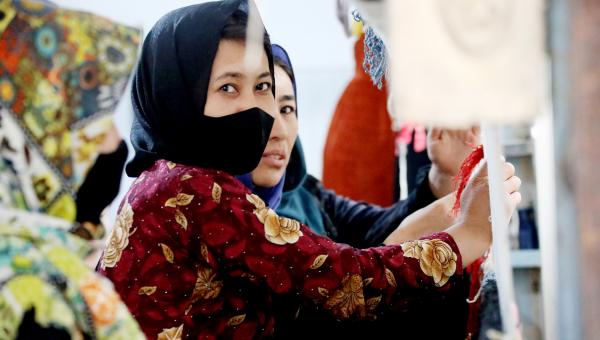UNDP and the UN in Afghanistan
UNDP and the United Nations System
Afghanistan is grappling with a humanitarian crisis, along with significant political, social and economic challenges that affect millions of people. Since August 2021, the country has suffered from a sharp decline in GDP, a rise in poverty and food insecurity, and severe restrictions on the right of women and girls. The 2022 and 2023 earthquakes in the Southeast and Western regions, along with the 2024 floods in the Central and Northern regions, have added to the challenges, claiming thousands of lives while destroying homes, agricultural lands, livestock, and civilian infrastructure. Afghanistan is also highly vulnerable to natural hazards and climate change, which have increased the frequency and intensity of droughts, floods, and other disasters.
There are some positive signs of social and economic improvement. Partly due to the continued large inflow of international assistance, the economy has stabilised and inflation has been brought under control. Additionally, exports have begun to increase, corruption has reduced, and there is a gradual restoration of confidence in the financial sector. These offer a glimmer of hope, but without sustainable and inclusive growth that creates decent livelihoods for men and women, there will continue to be a high level of dependence on humanitarian assistance.
The UN and its agencies, including UNDP, are working together to address the urgent needs of the Afghan people and support their basic human rights. The United Nations Strategic Framework for Afghanistan 2023-2025 outlines three priorities: sustained essential services, economic opportunities and resilient livelihoods, and social cohesion, inclusion, gender equality, human rights, and the rule of law.
UNDP Afghanistan’s Transitional Country Programme Strategy aligns with this framework and adopts a community-centred recovery approach that focuses on stimulating the local economy, enhancing disaster and climate resilience, sustaining essential services, and fostering inclusive community engagement. To support joint programming, UNDP established a Special Trust Fund for Afghanistan (currently led by the Office of the UN Resident Coordinator), which serves as an interagency mechanism for coordination, collaboration and funding joint projects.
There are currently 23 UN agencies, funds and programmes in the UN Country Team, of which 20 are located in Afghanistan.
See the full list of UN agencies in Afghanistan

 Locations
Locations
